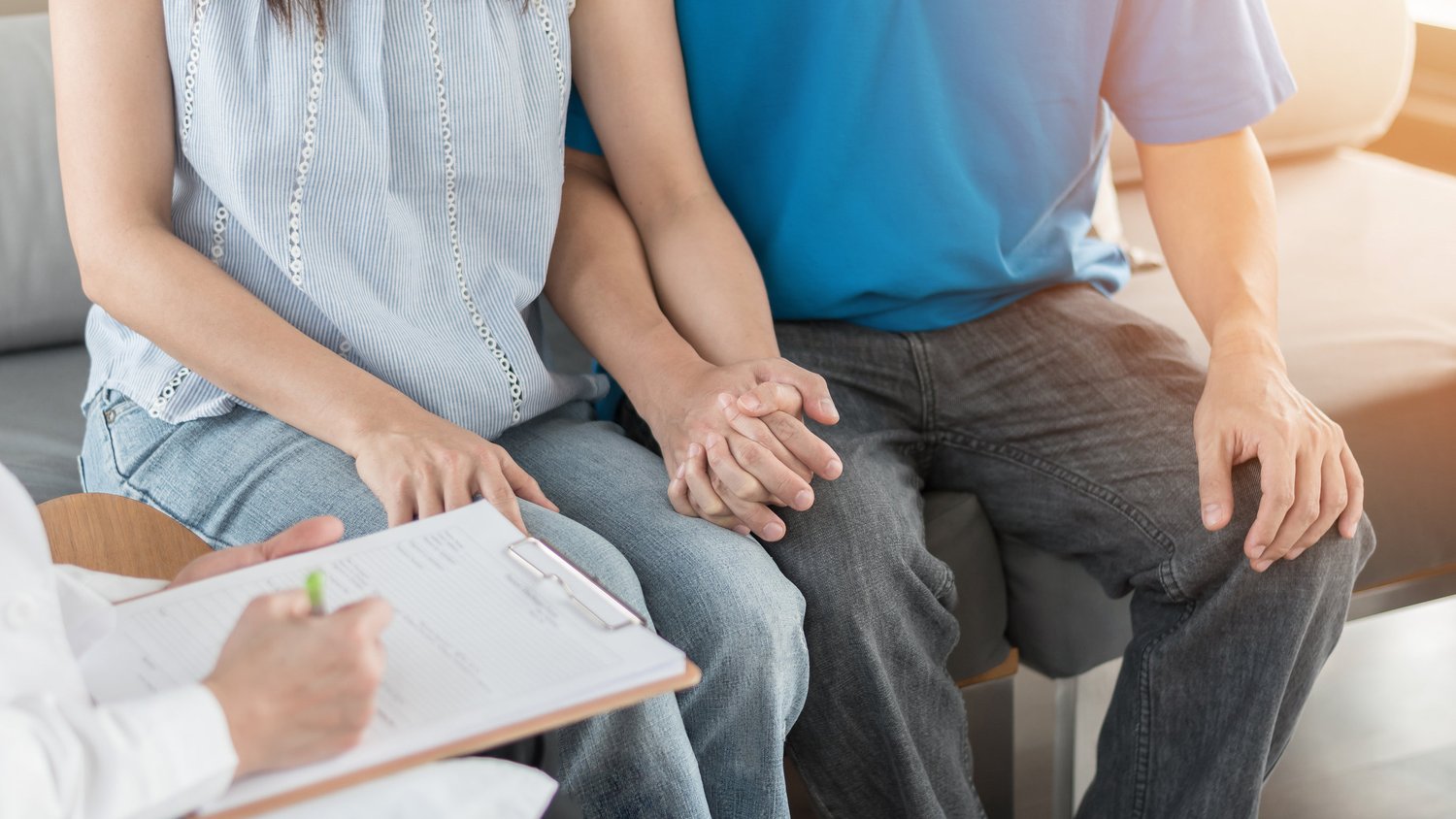If you’re hoping to conceive or think you may be pregnant, you’re probably wondering what early signs and symptoms you should be looking for to confirm your suspicions.
While every pregnancy is different, many women experience similar symptoms at certain points throughout their pregnancy, so there are some early indicators that you can look for that may suggest you’re pregnant. Below, we take a closer look at some of the early signs that you may be pregnant.
Am I Pregnant? Early Signs To Look For
We’ll get to some of the physical signs that may suggest that you are pregnant, but if you want a more definitive answer, you can take a pregnancy test. These pregnancy tests measure the amount of a hormone called human chorionic gonadotropin (hCG). This hormone begins increasing in your body after conception and will continue building as you get further along. Once enough of this hormone is in your system, there will be enough of it in your urine to register a positive pregnancy test. In most instances, it takes about 3-4 weeks from the first day of your last period for there to be enough hCG in your body for it to register on a test. For more accurate results, you can wait until after your first missed period.
However, if you’re looking for some physical signs that may suggest that you’ve conceived, here are some early symptoms:
-
Tender or Swollen Breasts – Hormonal changes early in your pregnancy can serve to make your breasts more sore and sensitive. Eventually your body adapts to these hormonal changes and the tenderness fades, but early on you may notice soreness or swelling in your breasts.
-
Missed Period – Since you won’t continue to ovulate once you are pregnant, you also won’t have a period once you conceive. A missed or late period doesn’t always mean that you are pregnant, but all pregnancies will involve missed periods.
-
Morning Sickness And Nausea – Morning sickness tends to be most common 1-2 months after you become pregnant, so it’s certainly possible that nausea and vomiting tip you off that you’re pregnant. Many women don’t experience morning sickness or develop it later in their pregnancy, so it’s not always a great early indicator of pregnancy.
-
Feeling Tired – Your body is hard at work helping the baby develop and producing critical hormones, and that can leave you feeling fatigued, especially as your body tries to adapt to these changes. If you’re feeling more tired than normal and you can’t attribute it to lack of sleep or other factors, it could be because you’re pregnant.
-
Frequent Urination – Your body starts to produce more blood as soon as you conceive. This extra blood carries oxygen and key nutrients to your developing baby. As a result of this extra blood, your kidneys end up processing additional fluid, which ends up in your bladder. More fluid in your bladder means more trips to the bathroom, so increased urination can be an indicator that you are pregnant.
If you think you may be pregnant, or you just want to talk with a specialist about how to improve your chances of conceiving, reach out to the experienced team at MetroPartners OBGYN today. Give our team a call at (651) 770-3320.

